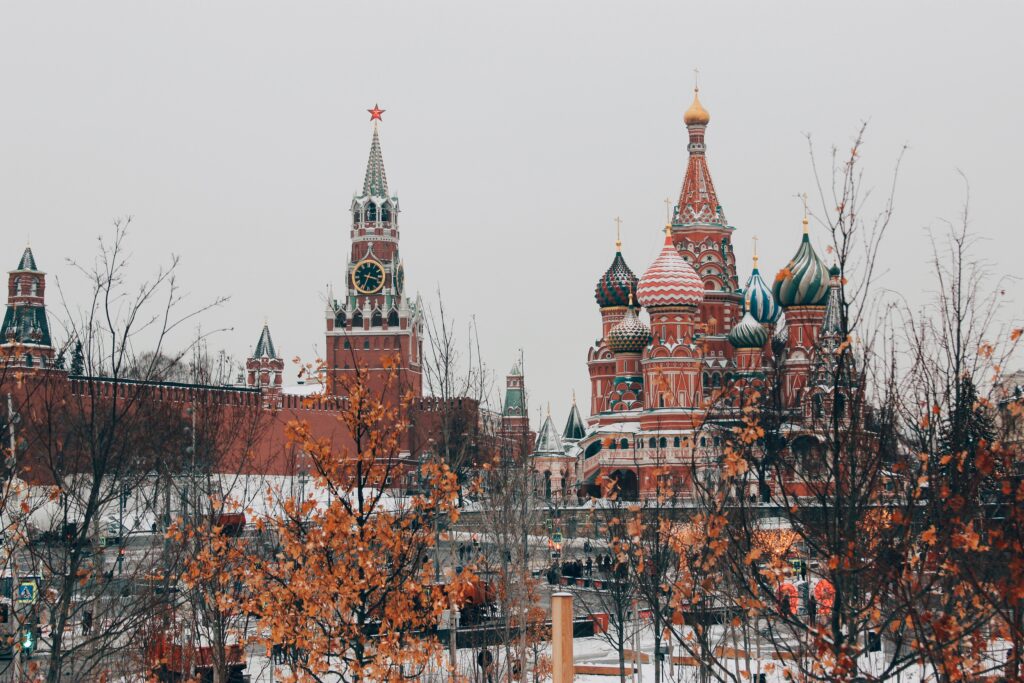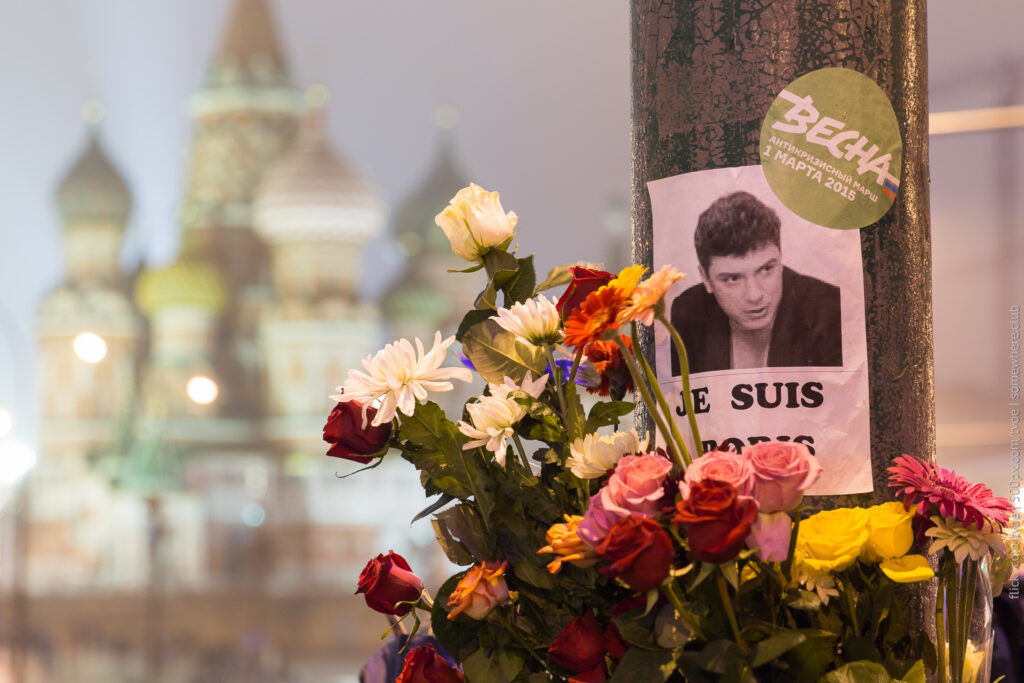On November 5th, 2020, amid election chaos within the United States, several news sources began claiming that President Valdimir Putin would be resigning from office, possibly due to Parkinson’s disease. The news, originally reported by Britain’s mass market newspaper “The Sun,” was surprising to say the least. Putin fired his entire cabinet in January, 2020 and amended the Russian constitution so that he could stay in power past the 2024 term limit. Dmitry Peskov, a spokesman for the Kremlin quickly responded in an official statement that Putin “Is in excellent health” and would not be stepping down as President of Russia. While at this point it would appear that the news reported on Putin’s health was completely inaccurate, the question of who would be next in line to replace him and what it would mean for Russia remains.
When asked about who would replace Putin as the next president of Russia, if the amendment allowing him to run for office again was not passed, Putin responded “I can tell you from my own experience that in about two years, instead of the regular rhythmic work on many levels of government, you’d have eyes shifting around hunting for possible successors, It’s necessary to work, not look for successors.” Putin’s response made it blindingly clear that he is not interested in deciding or even discussing any type of successor. Putin’s historical iron grip on the Russian government makes his unwillingness to name a replacement unsurprising. Still, there are several possibilities of who would follow Russia’s longest serving leader since Stalin.
Possible Successors
During the massive reorganization of Russia’s government in January, Mikhail Mishustin, former head of Russia’s Tax Service, was appointed as Prime Minister. This was a surprise both within and outside the Russian government. Mishustin was replacing Dmitry Medvedev, president of Russia from 2008-2012, and was a relatively unknown and low profile government official before assuming the office. It remains unclear whether Mishustin is a temporary figure or if his appointment symbolizes a future role in post-Putin Russia.
Dmitry Medvedev would have previously been a likely candidate to succeed Putin as Russia’s next leader. Recently, Medvedev’s political and public standing have plunged after allegations of corruption and embezzlement. Medvedev was once Putin’s right hand man and enjoyed popular approval from the Russian public, but that is no longer the case. Inflation and falling incomes motivated Putin to remove his longtime ally and Medvedev was demoted to chairman of Russia’s security council. While the former president Medvedev may not be completely out of the fold, his reputation and recent demotion likely preclude him from replacing Putin.
Part of the reason it is difficult to predict who will replace Putin is by design, by naming a successor Putin would be inviting the possibility of change and uncertainty into his government. The most influential opposition leader in Russia, Alexei Navalny, stated “The only goal of Putin and his regime is to stay in charge for life, having the entire country as his personal asset and seizing its riches for himself and his friends.” Navalny is heavily biased against Putin, however if Putin’s goal is in fact solely to maintain power, his successor may be decided through a power struggle following Putin’s demise. This scenario is concerning to the international community as it would open the possibility of instability within Russia.
What Does Russia After Putin Look Like
The predominant question about Russia after Putin is whether it moves towards or away from freedom and democracy. According to Freedom House, a nonprofit organization that rates countries based on political rights and civil liberties, Russia ranks in the bottom fifth of democratic nations in the world. While many might assume that the Russian public would demand less censorship and government control of the media after Putin, this might not be the case.
Under the first presidency of Boris Yeltsin after communism’s collapse, Russia experienced a rapid onset of capitalism and western democratization. This led to financial instability of the Russian Federation and Yeltsin’s eventual resignation. Under Putin, Russia has seen a strong economy and powerful international posturing. This has come at the cost of free media, yet Putin maintains an approval rating of 59% according to a poll conducted by the independent research center Levada. It is unclear if freedom of speech or the economy would be the most important issue under Russia’s next leader.
An analysis of Russia’s current leadership illustrates how Putin has intentionally kept the line of succession vague, focusing more on maintaining his own power. A constitutional amendment passed in the summer of 2020 allows Putin to remain Russia’s leader until 2036. Putin has also signed legislation to expand immunity for former presidents, which implies that he has considered his own well-being after retirement. As for now, “Next year, Putin enters as a brutal, not benevolent, autocrat, ready to isolate Russia to an even greater extent,” according to Andrei Kolesnikov, a Russian domestic policy expert at the Carnegie Moscow Center.
Conclusion
There is currently very little clarity on who would replace President Vladimir Putin if it were necessary. Plenty of candidates exist, but none share the same popularity or fame as the shirtless horseback riding autocratic leader. Russia will likely be faced with a similar situation after the death of Stalin, in which a power struggle ensued to determine the Soviet Union’s next leader. Regardless, it would appear that Putin has no plans to resign any time soon.







